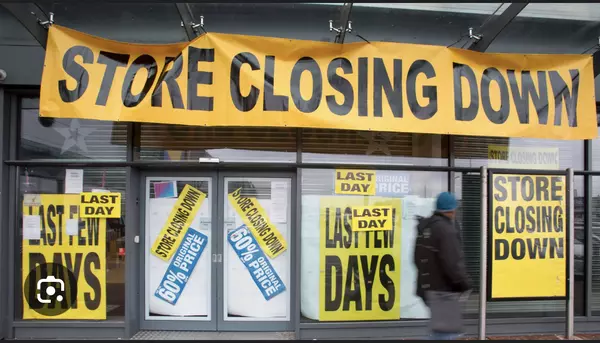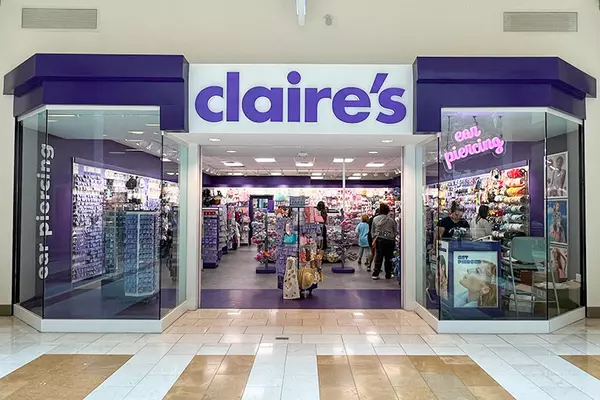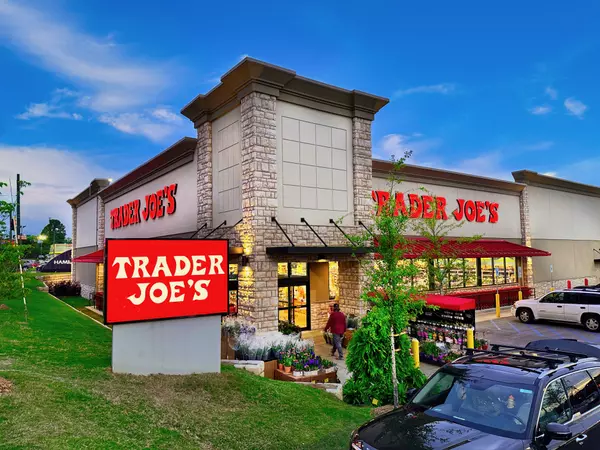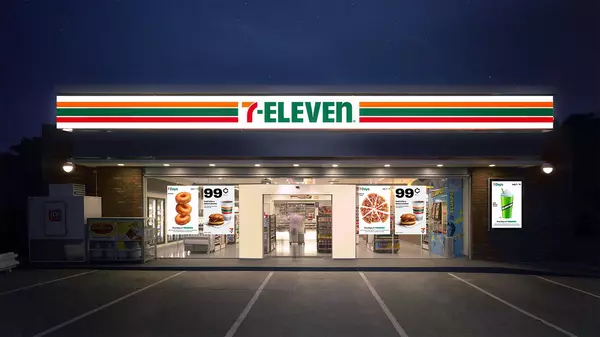Kroger Store Closures Signal a Shift in Grocery Real Estate Strategy
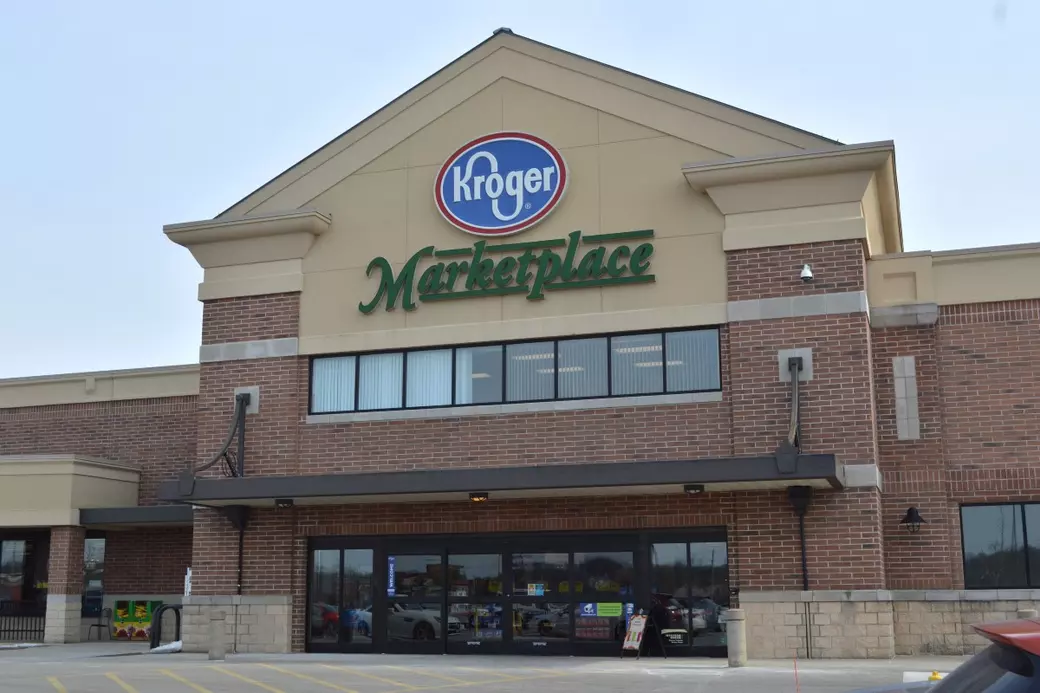
Posted by Christian Harris | June 2025 | Retail Real Estate Trends
Kroger, one of the nation’s largest grocery chains, is making headlines after announcing a wave of store closures across multiple states. While the closures are positioned as part of a long-term optimization plan, the ripple effect on local communities, shopping centers, and commercial real estate cannot be ignored.
Let’s take a closer look at where stores are closing, why it’s happening, and what this means for investors, landlords, and brokers in today’s shifting retail landscape.
Where Are Kroger Stores Closing?
As of mid-2025, Kroger has confirmed store closures across several U.S. states, including:
-
Arkansas
-
Georgia
-
Indiana
-
Ohio
-
Texas
-
Virginia
Many of these closures affect underperforming or overlapping locations in regions where Kroger operates multiple banners (such as Harris Teeter, Fred Meyer, or Smith’s). Some closures are tied to Kroger’s ongoing merger plans and supply chain realignment, while others are strategic exits from shrinking or overly saturated markets.
Why the Closures?
Several key factors are driving this downsizing strategy:
-
Overlapping Store Footprints: In dense markets, Kroger is reducing redundancy by shuttering less profitable locations.
-
Rising Labor and Operational Costs: Staffing shortages and wage increases have made low-performing stores harder to sustain.
-
E-commerce Growth: Online grocery and curbside pickup have changed how consumers shop—reducing foot traffic in traditional stores.
-
Strategic Consolidation: The looming merger with Albertsons has sparked regulatory scrutiny, prompting Kroger to streamline and shed non-core assets.
While the closures may help Kroger's bottom line, the move creates vacancies in retail plazas and strips—many of which rely on grocery traffic to support surrounding businesses.
Impact on Retail and Real Estate
Grocery anchors are often the backbone of neighborhood shopping centers. When one leaves, it can destabilize smaller tenants, reduce customer draw, and lower property values.
Real estate implications include:
-
Anchor Tenant Vacancies: Harder to fill, especially in suburban and rural markets.
-
Lease Restructuring: Co-tenancy clauses may trigger rent reductions for smaller tenants.
-
Redevelopment Opportunities: Larger sites may be split or repurposed for non-retail use (urgent care, fitness, public service facilities).
-
Increased Pressure on Landlords: Owners may need to invest in tenant improvement packages or strategic repositioning.
The closures are also a reminder that not even essential retail is immune to disruption.
What Brokers and Landlords Should Do Next
-
Audit Your Tenant Mix: If you have a grocery anchor, check their lease term and evaluate exit risk.
-
Stay Ahead of Announcements: Track closures early and proactively market spaces to alternative users.
-
Partner Locally: Use local relationships to find creative tenants that fit the neighborhood's evolving needs.
-
Reimagine the Real Estate: Former grocery spaces can transition to light industrial, medical, or entertainment uses depending on zoning and layout.
Final Thoughts
Kroger’s closures mark more than just a shift in store count—they reflect a fundamental rethinking of what the modern grocery footprint should look like. For commercial real estate professionals, the key is adaptability. Whether you're leasing space, redeveloping a site, or evaluating investment opportunities, staying informed and responsive will be critical in the new era of retail.
Recent Posts

